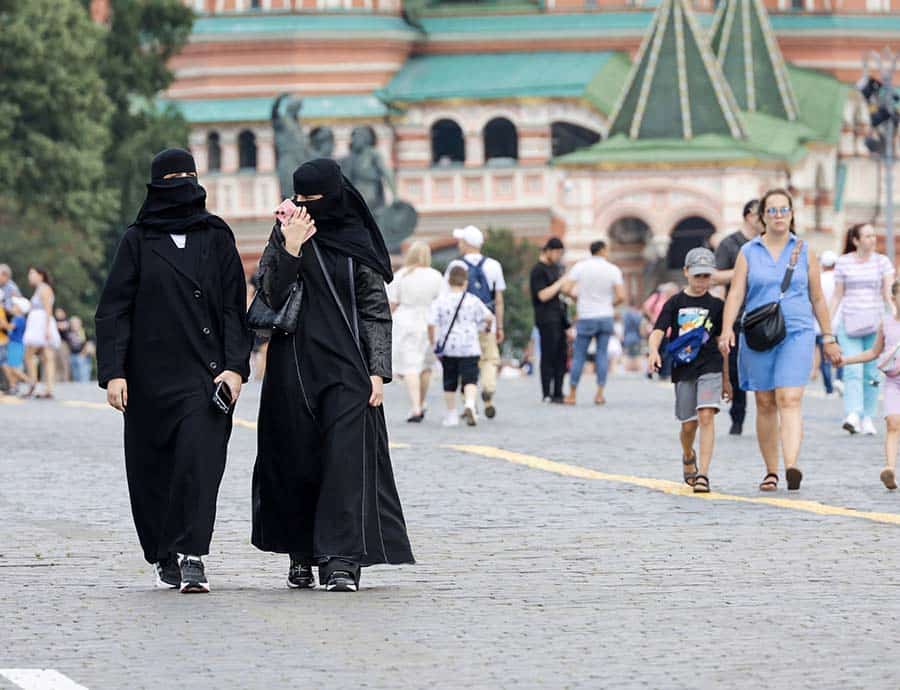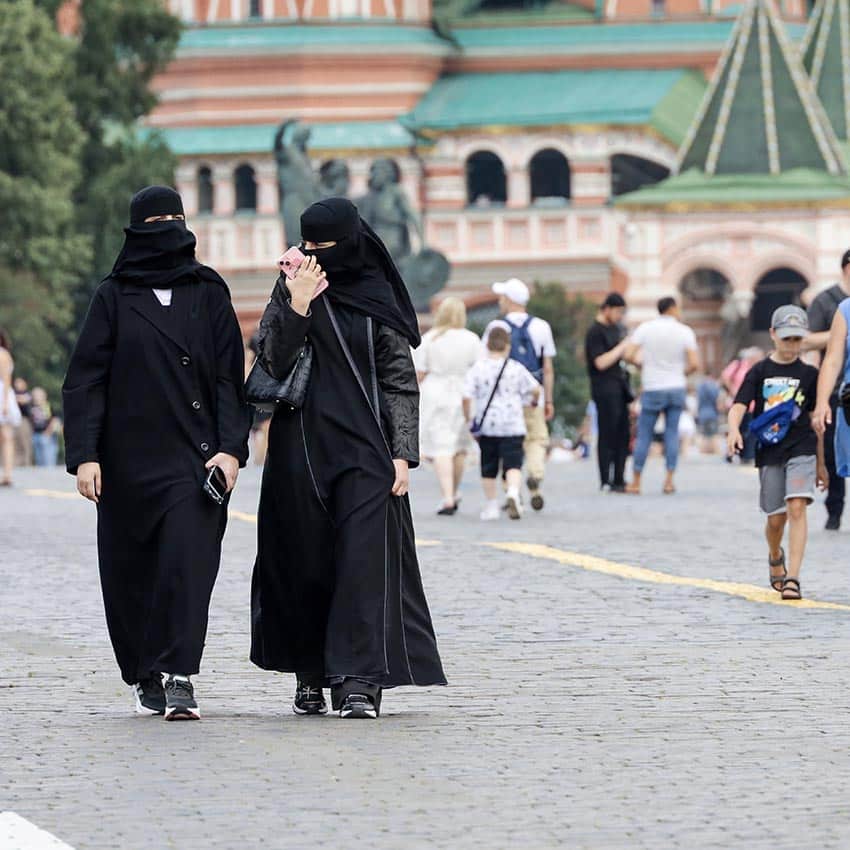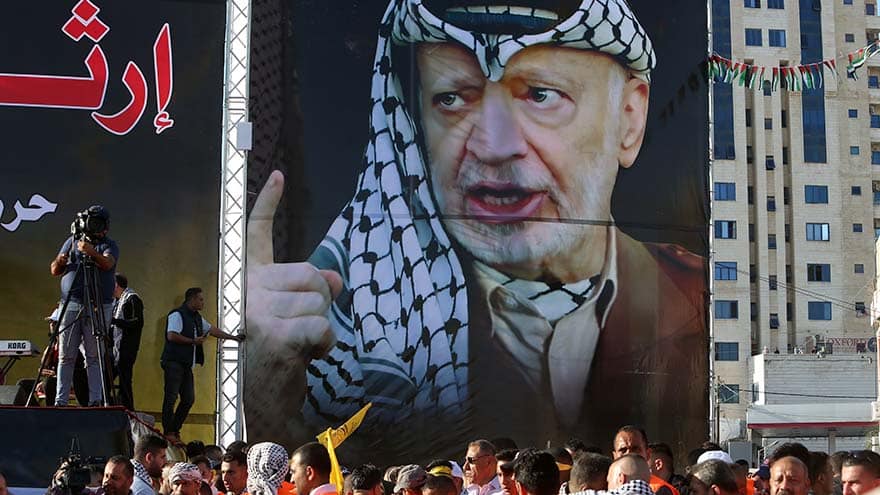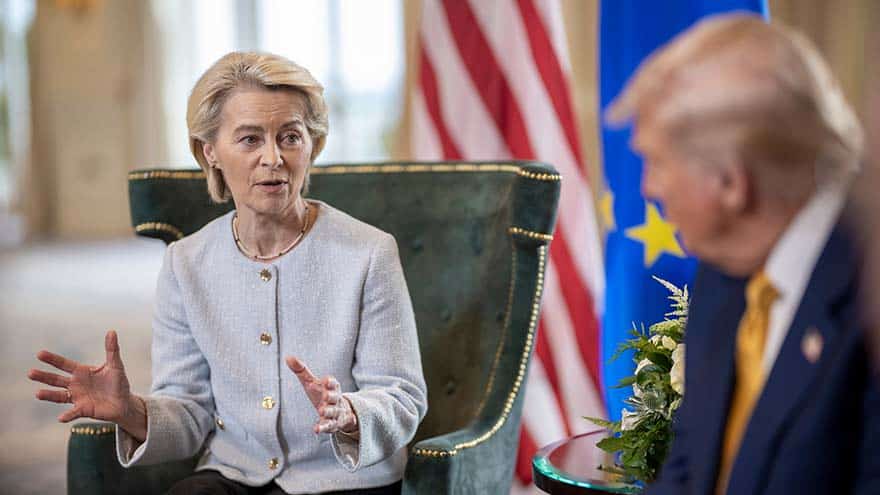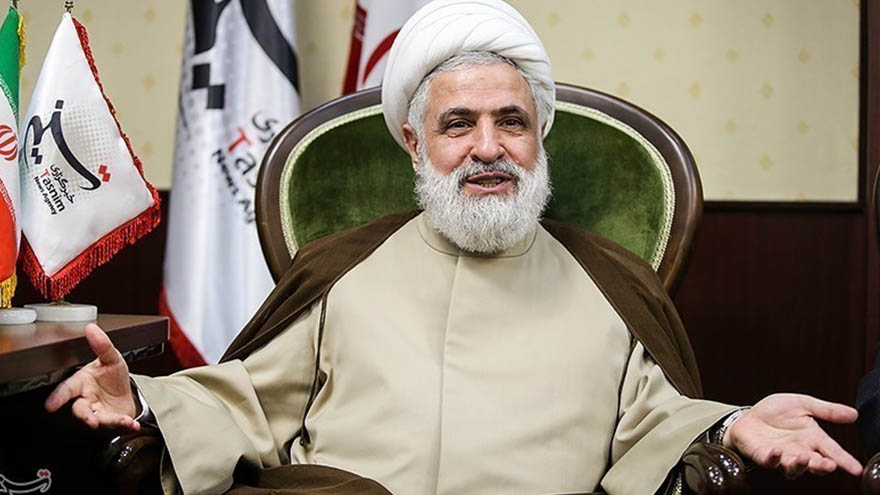Over the past decade, many cities and countries in the West have experienced rapid demographic and cultural change, raising difficult questions about identity, security, and local laws. Large numbers of Muslim immigrants entering those countries establish strong communities, demand religious rights, and develop a significant public presence. More than a temporary trend of adaptation, this is a gradual process that alters the face of host countries and provokes not only political disputes but a fundamental debate about the future of the West.
It is interesting to note that most Arab countries around the world fight political Islam and do not allow any party to grow strong enough to make religious law dominant. For example, all those states fought al-Qaeda and the terrorist organization ISIS, which primarily sought to establish an Islamic caliphate and govern countries according to Sharia law. Officially, only one country in the world currently operates under Islamic law: Afghanistan, after the takeover by the Taliban terrorist organization and the withdrawal of the American military.
The war against Islamist organizations—like the Muslim Brotherhood and other groups whose goal is to change the face of those countries—is constant. That was the case in Egypt, Tunisia, and also in the Gulf states, which constantly seek balance and avoid portraying the country with a distinctly Islamic character, so as not to give power and influence to religious figures. For example, regulations limiting the power of the muezzin have been enacted in these and other countries. Yet while Arab states fight Islamization at home, the organizations trying to promote it find fertile ground in Western countries.
Loyalty to religious law rather than to the host state
A widely held perception among some Muslims is that Islam must lead and rule the world because their religion is the true one and the others are null and void. Thus, they view the world as divided into two: Dar al-Islam—that is, the house of Islam—countries where rule is in the hands of Muslims; and Dar al-Harb—the house of war—a term for the unbelieving countries (bilad al-kufr). These are Western countries where governance is often Christian, and therefore, in their view, Muslims have a duty to fight them and turn them into Islamic states. Furthermore, according to their doctrine, Spain—once conquered by Islam—must return to its embrace, and other Western countries should come under Islamic rule.
How is this done? In recent wars, Muslims have proven unable to even defend their own countries because of dependence on the West, lack of technology and armaments, and other reasons. Therefore, whereas in the distant past Islam expanded through conquests, massacres, forced conversions, and population expulsions, the most effective way now is legally, through demography and democracy, or in one word: immigration.
The host countries, which are, in effect, the targets of this “conquest,” facilitate it in their own way by granting entry visas, European citizenship, and family reunification permits, as well as housing and other financial support for immigrants at the taxpayer’s expense. All of these, alongside economic rights that local citizens sometimes do not even receive, encourage Muslim immigration to Western countries—especially by their youth—and have catalyzed the expansion of the phenomenon over the past twenty years.
Hundreds of thousands of Muslim immigrants, once settled in Western countries, demand many rights such as building mosques and schools, halal food, and more, and anyone who does not accede to these demands is labeled Islamophobic or anti-Islam. More often than not, Western countries grant all these rights to Muslims, yet the latter’s ultimate loyalty is to their religious laws rather than to the host state. Moreover, once those immigrants become full citizens, they rebel against the very countries that opened their doors and demand the implementation of Islamic laws.
The takeover of the West happens gradually, first by strengthening communities, and it reaches its peak when, on Muslim holidays, immigrants refuse to pray in mosques and instead pray on main roads, in squares and parks to demonstrate strength and power. We are witnessing an increasing number of such events on Fridays and holidays, and this phenomenon has recently become noticeable near churches as well.
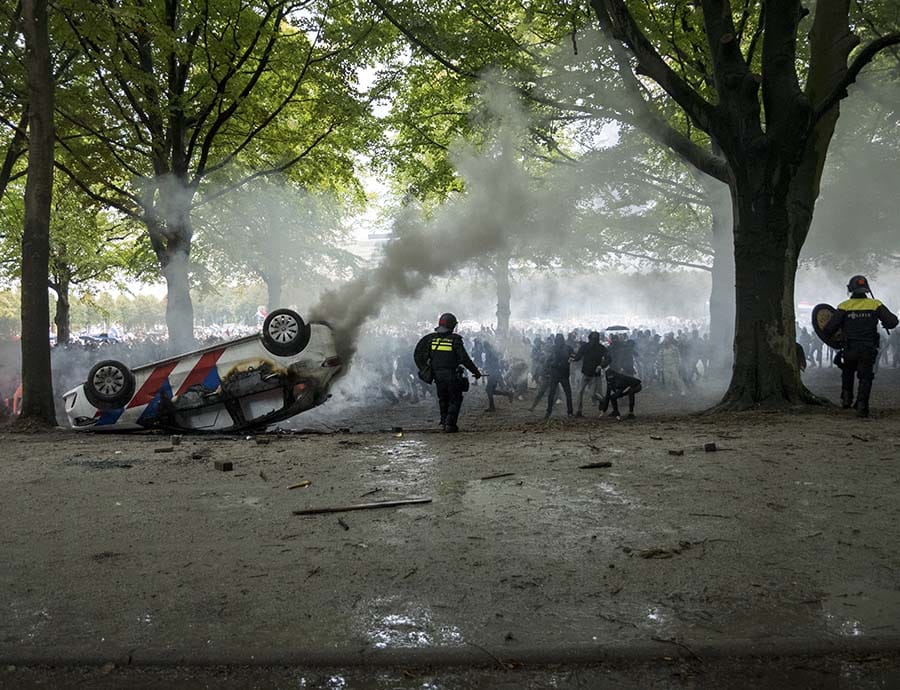
Religious and Cultural War: Not Accepting Those Who Are Not Them
About two years ago, Italy’s Prime Minister Giorgia Meloni stunned many when she declared in an interview that in her view, “there is a problem of compatibility between Islamic culture, or certain interpretations of it, and the rights and values of our civilization.”
This was the first unusual statement by a Western European leader regarding Islam and Muslims. Yet on the ground, nothing has changed. Muslim communities in Western countries—mainly in Britain, France, and Germany—are thriving, as are those in large parts of the U.S. and Canada, where rapid demographic growth and noticeable social change are occurring, alongside the expansion of mosques, charities, and cultural visibility. Consistently, the Islamic character is taking over the Christian one.
Do Muslims who arrive in the West respect the laws of host countries as refugees, asylum seekers, or foreign workers? The answer for most of them is negative, and this remains true even after citizenship is granted. Most Muslims see the Quran as a substitute for law, and therefore their loyalty lies with their religion, not with the state and its laws. Moreover, when there is a high concentration of Muslims, demands soon arise to change rules for their sake—for example, to ban the sale of pork or alcohol, to demand designated housing for Muslims, and more.
Are Muslims capable of living alongside and respecting the freedom of those who do not share their path and values, or in general, the ways of Western life? Doubtful. The World Cup held in Qatar in October 2022 showed us how life is managed in an Islamic state under Islamist rule, even if relatively moderate. There, the authorities banned the sale of alcohol to fans and the sale of pork products, and they did not allow entry to stadiums for anyone wearing clothing linked to Christian symbols or LGBTQ symbols.
The refusal to accept the “other” by many Muslims is a phenomenon that Western countries have suffered from for more than a decade, expressed, among other things, in the burning of hundreds of churches in the past ten years in Europe and Canada. The prevailing assessment is that extremist Muslims burned these churches, since such an act symbolizes war against Christianity. For example, in their battle against the Druze in recent months, Syrian regime forces burned six churches in the Suwayda district.
The war between Muslims and Christians is not new; it was fought during the Crusades more than a thousand years ago. Burning churches was common, and this was a war of culture and domination. It seems that extremist Islam today also seeks to erase every cultural and religious marker that does not belong to it. The famous Umayyad Mosque in Damascus, which Syrians are so proud of, was once a church; the Great Mosque of Aleppo was formerly a Byzantine church; and, of course, the Temple, the holiest site of the Jewish people, was converted into the Al-Aqsa Mosque after Muslims seized it.
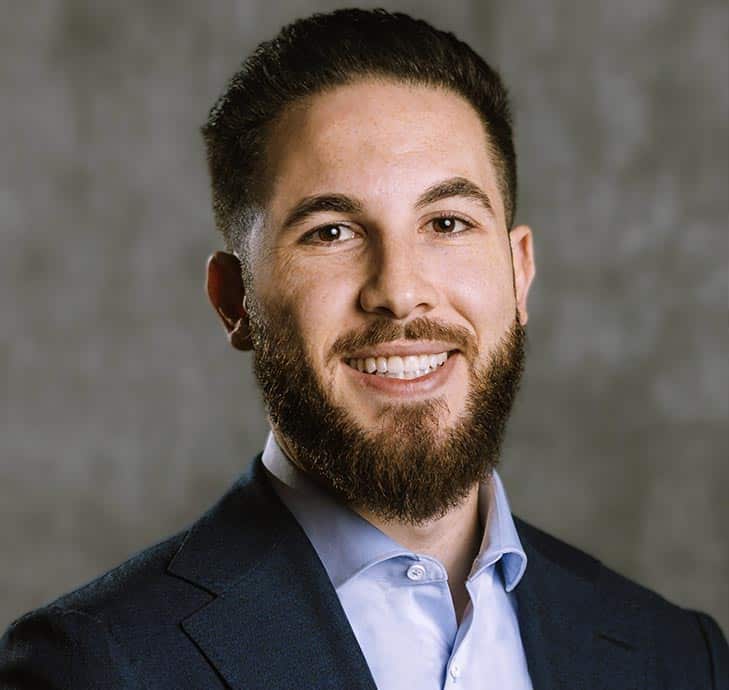
Dearborn: The Takeover in Practice
The discourse on Islamization in Europe and the West raises questions about Islam’s treatment of minorities once it becomes the majority. A clear case study can be found in Dearborn, Michigan, in the U.S., home to one of the largest concentrations of Muslims, who make up more than half of the population (many of them from the Shiite community). Dearborn, which hosts the largest Islamic center in North America, has already earned on social media the nicknames “the Jihad capital of America” or “the Islam capital of America,” partly due to pro-Hezbollah rallies held there. It is also known for its sweeping support of Palestinians and Iranian proxy groups designated as terrorist organizations.
About two years ago, Abdullah Hammoud—a Shiite of Lebanese descent—was elected the first Muslim mayor of Dearborn and immediately appointed a Muslim police chief, Issa Shahin. One of Hammoud’s first policies was the official recognition of Muslim holidays as paid leave, as well as allowing the public call to prayer (adhan).
Recently, the mayor made headlines after clashing with a resident who filed a complaint against his decision to name a city street after a journalist supportive of Hezbollah. Hammoud told the Christian resident, “You are an Islamophobe even though you live here. I want you to know that as a resident, you are not welcome in this city… The day you leave, I will celebrate with a parade in the streets. You are not someone who believes in coexistence but does everything to undermine it.”
These are small glimpses of what happens when extremist Muslims take over a Western city—not to mention mass prayers, violence against women, and against homosexuals. None of this is science fiction or exaggeration. Studies in Europe have proven it, and it is no coincidence that Sweden has been singled out as a place where rapes are especially prevalent as a result of crimes committed by those immigrants against women.
Who Fights and Who Doesn’t: Confronting Islamization
Texas, a state identified with Republicans, decided to take action rather than stand idly by in the face of unfolding reality. Just a few days ago, Governor Greg Abbott signed House Bill 4211, which prohibits the development of the EPIC CITY residential complex, intended to include housing for Muslims along with mosques and schools exclusively for members of the faith.
Governor Abbott explained how those behind the project sought to create an entire “city” open only to Muslims, subjecting everyone who lived there to Sharia law and restricting a landowner’s ability to sell property later. The governor also noted that the legislation he signed protects freedom of religion (“a fundamental value of our great state”) while guarding against efforts to impose Sharia law on Texans forcibly.
Texas has a long history of fighting against Sharia. For example, in 2015, there was a public and governmental debate to issue an injunction against initiatives to apply religious law, following Muslim protests against the sale of pork. In addition, the local government works to preserve an American-Christian character and limit Islamic legislation and practices, unlike in Michigan, where Islam is prominently present in city life.
Recently, Republican Congressman Randy Fine also introduced the “No Sharia” bill, which would ensure that no U.S. court, public agency, or judicial institution could ever enforce or validate Islamic law. In a post on X, Fine wrote that the aim of the law is that “you will never be able to come into this state and demand that our legal system conform to these oppressive laws.”
In conclusion, Western European states that absorbed immigrants in large numbers suffer from many problems of personal security, church burnings, and severe crime. The character of those states has changed, and the process of Islamization is evident.
The belief once held by Germany’s Chancellor Angela Merkel—that Syrian immigrants would serve as cheap labor—has collapsed after it became clear that most of them do not work but instead rely on state welfare, not to mention those who commit crimes. The massive Syrian immigration changed the face of Germany and of all Europe—mass prayers in the streets, blocked roads on holidays, Arabic signs, women afraid to go out in the evenings and at night, and more.
Even before Merkel, many European countries pursued a multiculturalism policy, and today it can be declared that this policy has failed. Many Europeans testify that they do not feel safe, and the Muslim majority is slowly taking over as the number of immigrants in cities like Paris, Malmö, Marseille, Bradford, Luton, Blackburn, Birmingham, London, Brussels, and others rises dramatically. Where will all this lead? What kind of country will Europeans leave for their grandchildren? This question is particularly pertinent because countries that did not adopt open immigration policies—such as Hungary, Poland, and the Czech Republic—continue to maintain a Christian character and a high level of personal security.
